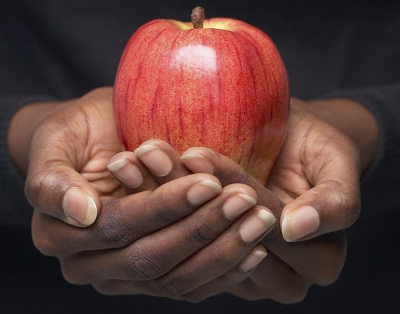Business & Finance Club - Health : Lately, I’ve been speaking a lot with people who have been caught by surprise by change—a friend who’s shocked that her 85-year-old father is dying, clients who can’t believe the stock market plummeted, relatives who assumed their houses would appreciate in value forever.
I often contrast those attitudes with that of my client Alice, the CEO of a real estate development company in Las Vegas. When I asked her how she was doing in the downturn, she confided, “I knew the real estate boom couldn’t go on forever, so I created a rainy-day fund. And now I’m not only using it to tide me over, but I’m also tapping into it to buy out troubled developers.”
Smart woman, Alice. She knows that there is only one sure thing in life: things change. How and when, none of us know. That’s what the Buddha meant when he said everything in life is impermanent. When we fight against that aspect of our lives, it only causes us suffering, he taught, because we’re fighting against reality. When we accept that the only thing in life that’s constant is change, we won’t be caught off guard—and suffer more for it—when upheaval occurs.
I learned this lesson the hard way. Riding the wave of a couple of best sellers as a book publisher, I kept expanding my company and had just bought a big new house when a large number of returns from booksellers rolled back through my door, leaving a deficit my company couldn’t recover from. I wish I, like Alice, had planned for the downturn.
Accepting change doesn’t mean you have to like it, though. I’m not fond of the fact that the skin on my face is heading farther south every day or that my sweet daughter is turning into a surly teen. My friend has a right to grieve the end of her father’s life. And my clients, understandably, are upset because their nest eggs are shrinking. What we all need to do, however, is alter our expectation that things like this won’t happen. Only when you accept that your work and personal lives will go through different phases can you really take the necessary steps to minimize the negative impacts and capitalize on the opportunities. So where do you start? You can sidestep “change shock” and thrive by doing these two things:
Look ahead.
Think about what is or could be changing in your world, and ask yourself, “What can I do to be better prepared?” Just reading a relevant book or talking to someone who’s gone through something similar may give you the extra insight you need.
Build your confidence now.
Make a list of what you’ve accomplished in your life so far, and refer to it whenever things turn topsy-turvy to remind yourself of your inner strength and resources. Tell yourself, for instance, “I’ve put myself through college. I’ve raised a great son. I can definitely handle this, too.”










